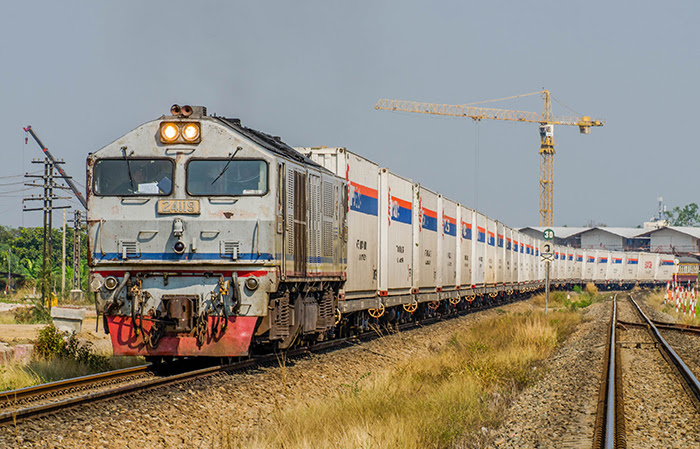King chairs ceremony to launch operation of medical care system generalization RAMED, which is expected to benefit 8.5 million underprivileged people.
Middle East Online
 |
| RAMED will benefit 8.5 million people |
CASABLANCA (Morocco) – King Mohammed VI chaired, on Tuesday at the Royal Palace in Casablanca, the ceremony to launch the operation of medical care system generalization (RAMED), which is expected to benefit 8.5 million underprivileged people.
In the beginning of the ceremony, Health Minister El Hossein El Ouardi gave before the sovereign a presentation in which he underlined the importance of the new medical care system which mobilizes three billion dirhams for the year 2012.
One of the large-scale projects aimed at improving access to health care, in accordance with the provisions of the new constitution, the RAMED is based on the principles of social aid and nationwide solidarity for the benefit of disadvantaged people who are not eligible for mandatory health insurance, the minister said, noting that this public system enables the beneficiaries to have access to health care in public hospitals and state-owned health services institutions.
The medical care system, launched in November 2008 as part of an experiment in the Tadla-Azilal, will benefit 8.5 million underprivileged people (28% of the Moroccan population), including 4 million poor inhabitants and 4.5 vulnerable ones, in addition to 160,000 prisoners, homeless persons and orphans.
The minister pointed out that the beneficiaries will have at their disposal 2,581 institutions for basic health care, including 2,030 health centers, 111 provincial and prefectural hospitals, 12 regional hospitals and 19 university hospital centers, highlighting the reinforcement of the emergency health care system with the creation of 80 equipped medical units, the organization of specialized medical caravans and the setting up of a unit for weekly medical consultation for diabetes and high blood pressure patients, in addition to increasing the number of mobile medical units (602 medical care units and 19 dental care units).
Measures comprise also strengthening medical care units for pregnant women and newborns in the rural area and increasing the budget for purchasing drugs and medical material.
The RAMED’s beneficiaries are covered with no discrimination on the basis of age, sex, pathological antecedents or zones of residence.
Poor people will have a free of charge medical care, while vulnerable members of society will have to pay 120 dirhams per person without exceeding 600 dirhams for every household.
The ceremony was attended by the head of government, the advisors of the King, members of the government and high-ranking personalities.
The King presided, later on, over a reception in honour of the guests.



